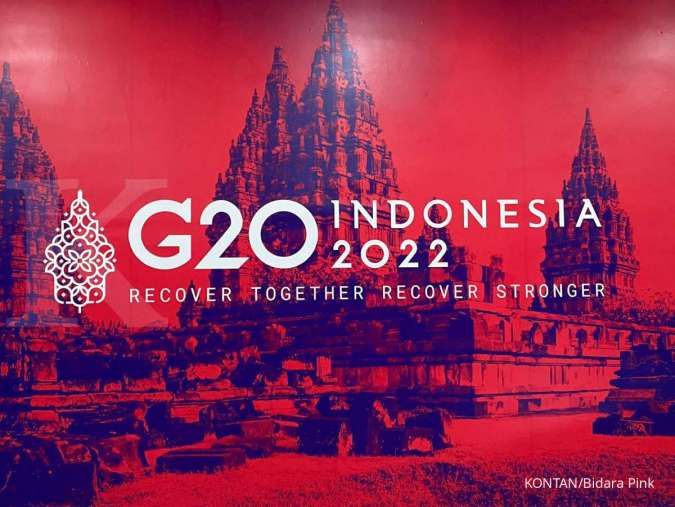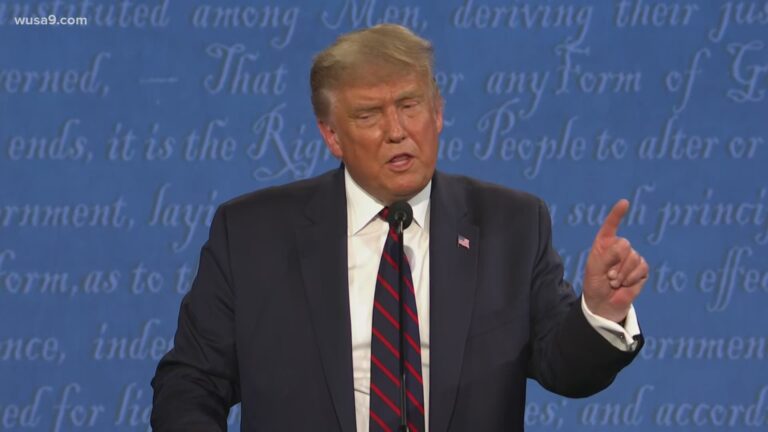
STRATEGIC ASSESSMENT.-Defense and military observer Connie Rahakundini Bakrie on Sunday urged the government not to be concerned if representatives from G20 countries walked out or did not participate in the summit. She said Indonesia must play its part effectively, adding the G20 forum invites countries to promote global prosperity, including saving 75% of the world economy and two-thirds of humanity.
Connie also lauded the approach and remarks of Finance Minister Sri Mulyani who said the walkout of a number of delegates had no effect on the G20 negotiations, demonstrating Indonesia’s firmness that cannot be dictated and threatened by other countries. Connie also mentioned that Sri Mulyani’s speech reminded her of Indonesia’s G20 tagline, “recover together, recover stronger.”
Expecting all leaders of the G20 to attend the summit in Bali this November looks impossible, at least for now, although President Jokowi has accommodated the demands of western countries by inviting Ukrainian President Volodymyr Zelensky to the event. As indicated by White House Press Secretary Jen Psaki, President Joe Biden still rejects Russian President Vladimir Putin’s presence at the summit. It is a bit confusing that Psaki said Washington understood the invitation was issued “before the invasion,” as if the White House is providing a “loophole” for Putin to come to Bali.
Had President Jokowi bowed to the mounting pressure from some G20 leaders who do not want Putin’s presence, Indonesia would have set a very bad precedent. Next time, big countries such as the U.S. could easily force a host to bar a member’s attendance that Washington disliked. Indonesia cannot be dictated by other countries as they wish. Inviting Putin is a definite decision, and can only be revoked when it is based on an agreement by all. The rule is a rule.
Foreign Affairs Minister Retno Marsudi on Friday met with U.S. Ambassador to the United Nations Linda Thomas-Greenfield in New York to discuss a variety of issues of shared concern and preparations for the G20 Summit. U.S. Mission to the United States Spokesperson Olivia Dalton in an official statement on Monday said Ambassador Thomas-Greenfield commended Indonesia on its G20 presidency.
She said both sides agreed on the urgent need to implement ASEAN’s Five Point Consensus on the situation in Burma as well as for humanitarian assistance to be delivered in an impartial manner to all those in need there; and for the rights of women and girls in Afghanistan to be upheld, as well as for the Taliban to allow girls to return to secondary schools nationwide without delay.
Russian Ambassador to Indonesia Lyudmila Vorobieva said the policy of “Western countries” to isolate and exclude Russia not only from the G20 but also from other international forums is illogical because it will be difficult to resolve global economic issues without involving Russia as a key player. Vorobieva said even if the protest were to take place, the G20 will remain a relevant forum because the majority of its member countries support this year’s agenda.
Russia appreciates the stance taken by the Indonesian government, which emphasizes that the G20 must focus on highly important global economic issues. Vorobieva said irrelevant political issues should not be placed on the G20 agenda because they can generate division and divert attention away from the primary subject of the global crisis. Vorobieva highlighted that Russia and Ukraine are relatives who share several close relations.
After eight years of fruitless efforts to lessen conflict, the current situation is not deemed inevitable. After the 2014 coup, she claims, the Ukrainian government began to enact anti-Russian measures. Meanwhile, the strategy is rejected in Luhansk, Donetsk, and Crimea, where a large population speaks Russian. She said Western countries have aggressively promoted their beliefs, such as LGBT concerns. Russia rejects the use of human rights problems as a tool to interfere in the internal affairs of other countries.
Constant U.S. portrayals of Russia as a global “pariah” have run headlong into the reality that not all of Washington’s partners are prepared to give the nuclear-armed former superpower the cold shoulder. And in the process, they’ve created a diplomatic headache for President Biden.
Back in March, Biden said Russian President Vladimir Putin should be expelled from the Group of 20 and barred from its economic policy summit in mid-November in Indonesia, the country that holds the G-20 presidency this year. If not, Ukraine should at least be able to join the gathering, he said.
Putin will be there, his ambassador to Ukraine says. Ukrainian President Volodymyr Zelensky has confirmed he has been invited, but not that he will attend, or whether he might go in person, a highly unusual step for a leader who has addressed the world virtually for two months.
This is where things get tricky for Biden. Does he attend a summit with a world leader he has branded a war criminal, with whom there can be no business-as-usual? Could someone other than the president attend in his place? Does the United States boycott entirely, ceding one of the world’s premier international economic gatherings to China (and Russia)?







